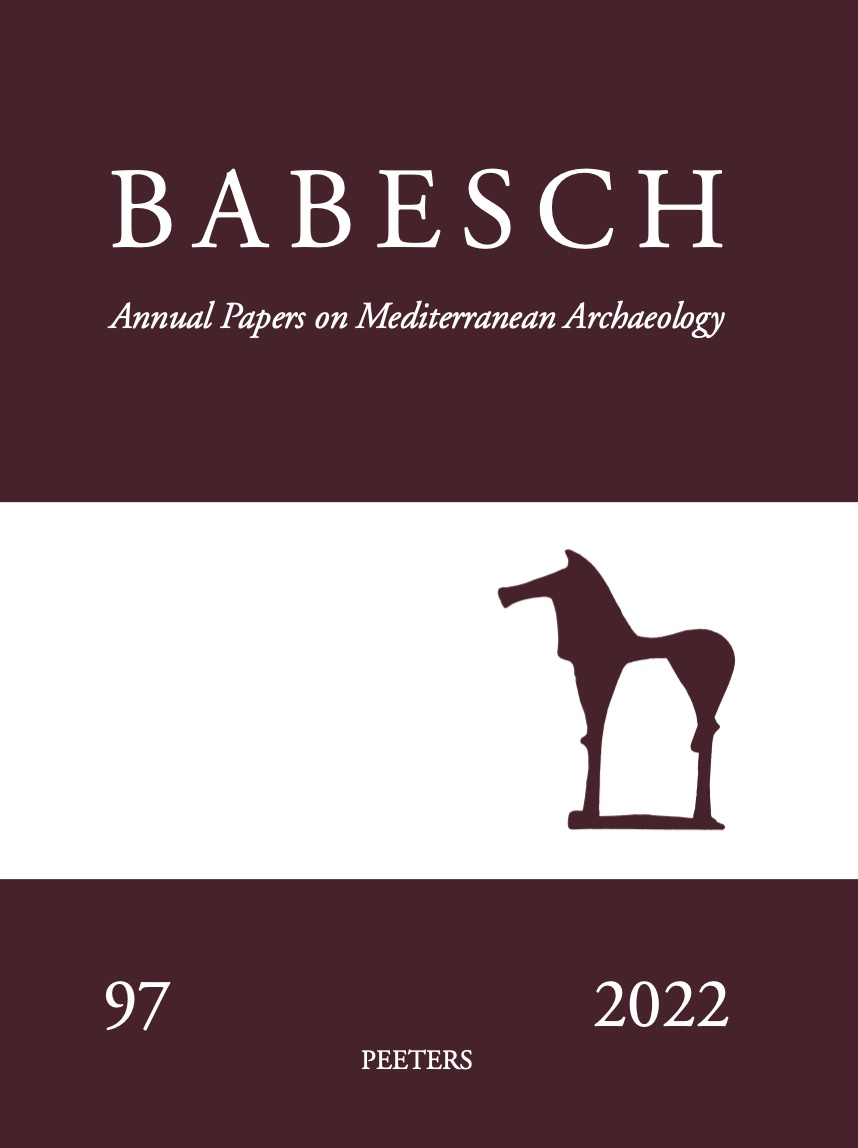 previous article in this issue previous article in this issue | next article in this issue  |

Preview first page |
Document Details : Title: The Sun which Did not Rise in the East Subtitle: The Cult of Sol Invictus in the Light of Non-Literary Evidence Author(s): HIJMANS, Steven E. Journal: BABESCH Volume: 71 Date: 1996 Pages: 115-150 DOI: 10.2143/BAB.71.0.2002277 Abstract : The aim of this article is to review the current theories on the origin and character of Sol Invictus and to reassess these theories paying special attention to archaeological, i.e. non-literary, evidence. It will emerge that in many respects preconceived notions played a greater role in shaping the current concept of Sol Invictus than methodological analysis of the available evidence. In part, this is due to the fact that the extant literary sources offer little explicit information on the cult of the sun in Rome, which has led scholars to interpret what little there is somewhat arbitrarily to fit in with existing convictions. Two basic tendencies have dominated research into Roman sun-cults. The first, though important, is difficult to define precisely. Most earlier studies of both Sol Indiges and Sol Invictus are heavily laden with prejudice. Many scholars have felt uncomfortable with the concept of a Roman sun cult; some were actually hostile towards it. This hostility, which was ideological in nature, has had a strong influence on research into the cult of Sol at Rome, The second tendency is at least as important. Scholars have consistently postulated a clear distinction between the Republican Sol Indiges and the Imperial Sol Invictus. Sol Indiges is generally treated as a Roman sun-god, possibly with Sabine roots, while Sol Invictus is said to have been a totally different, oriental deity, imported from Syria. In order to understand how this differentiation came about, we must first devote some attention to the Republican Sol Indiges. |
|


